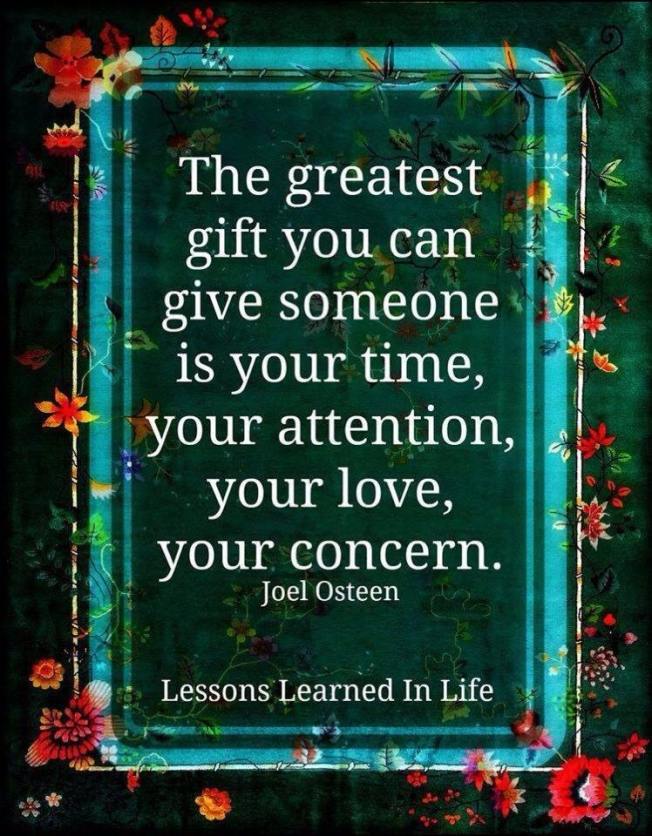A collection of recent posts on the Dharma Beginner page at www.facebook.com/dharmabegin
Laissez-Faire v. Micromanagement
“Life is a thing that mutates without warning, not always in enviable ways. All part of the improbable adventure of being alive, of being a brainy biped with giant dreams on a crazy blue planet.” – Diane Ackerman
Achieving a balance between laissez-faire and micromanagement is tricky. We accept that change is a fact of life, inevitable, and remind ourselves that the more detailed the plan we construct, the more likely it is to go awry. A life that follows strictly along a meticulously laid out plan is illusory.
Some degree of planning and preparation is necessary, though, isn’t it? Eating healthy requires real planning, I find. Being a vegetarian adds to the challenge. So where do we draw the line between obsessive attempts to control life and flitting about on the wind without any direction?
Perhaps it is at the point, still hard to discern, when “planning” one’s life becomes “attempting to control” it. (I say attempting, because I don’t believe we ever reach a point at which we are truly in control of life.) The practice I try to embrace is “flexible” planning—don’t make your plans rigid, but leave room for the unexpected (which, if past is prologue, really should be expected) and be ready to adjust. Expect things not to turn out as planned. Or, minimize your expectations, and thereby minimize disappointment. Not always easy for me to accomplish, but I’m working on it.
The Common Thread
“There is only one religion, though there are a hundred versions of it.” – George Bernard Shaw
I have long held an ecumenical view of religion, and never believed that my religion was any better than anyone else’s. My belief was that god, the higher power, whatever you call it, manifested itself differently to different people, in ways that were meaningful and understandable to them. But underlying all of the surface differences, they were constructed on the same basic foundation.
True, in their attempts to live out their religions, some people go astray and lose sight of the sameness of everyone, the inextricable connectedness of all beings. That does not, however, diminish the fundamental similarities of the various religions as they were originally conceived. One may try to establish that their way is the right way, their view is the correct view, but the things they do to distinguish themselves, to make themselves appear unique, in my opinion lead them away from the universal shared values of love and compassion.
Flexibility of Mind, Body and Spirit
“I am a man of fixed and unbending principles, the first of which is to be flexible at all times.” – Everett McKinley Dirksen
A yoga teacher was making a point about achieving balance by keeping flexibility and ease in poses, and avoiding rigidity. While the students were in tree pose (standing on one leg, other leg bent at the knee with the sole of the foot against the upper thigh of the standing leg, arms raised straight above the head), the teacher wandered the room, lightly poking the students on the shoulder. The students that were rigid, with locked knees and clenched jaws and gritted teeth, would teeter and drop out of the pose. The students that maintained ease in their pose, who were not overly rigid, teetered…but then regained their balance.
Have you ever been in a tall building and felt it sway? If buldings were not designed with flexibility that allows them to move in the wind, they would risk collapse. It’s not much different with us. If we go through life inflexible, unable to deal with anything less than our imagined ideal, we are destined for pain, suffering, and eventually collapse. The ability to adapt to the vicissitudes of life, to “roll with the punches,” to “bend in the breeze,” is essential to the presence of mind needed to progress toward enlightenment.
Human-ness and Saintliness
I read a quotation from the Dalai Lama’s brother about the Dalai Lama’s fascination with technology and invention as a child. His brother said the Dalai Lama’s favorite invention was super glue, second only to the invention of the stuff that removes super glue.
Reading that, I was reminded of the thing I love most about His Holiness: his human-ness. He is, without a doubt, an incredibly special person. And he is just a person, like you and me. He often refers to himself as just a simple monk, which he really and truly is. And yet, he also is so much more.
Two of my great spiritual inspirations have been Thomas Merton and Dorothy Day. Obviously, they were two amazing people. But what first attracted me to them was how they were both very human, with all the frailties that come with being human. I read each of their autobiographies (The Seven Storey Mountain and The Long Loneliness, respectively; I highly recommend them) as a young man and was amazed by how flawed Thomas and Dorothy were, how matter-of-factly ordinary, how much like everybody else. Their extraordinary accomplishments and the example they set for me were all the more remarkable in light of their human-ness. I couldn’t believe that these amazing, saintly people were little different from me. That never fails to encourage me
